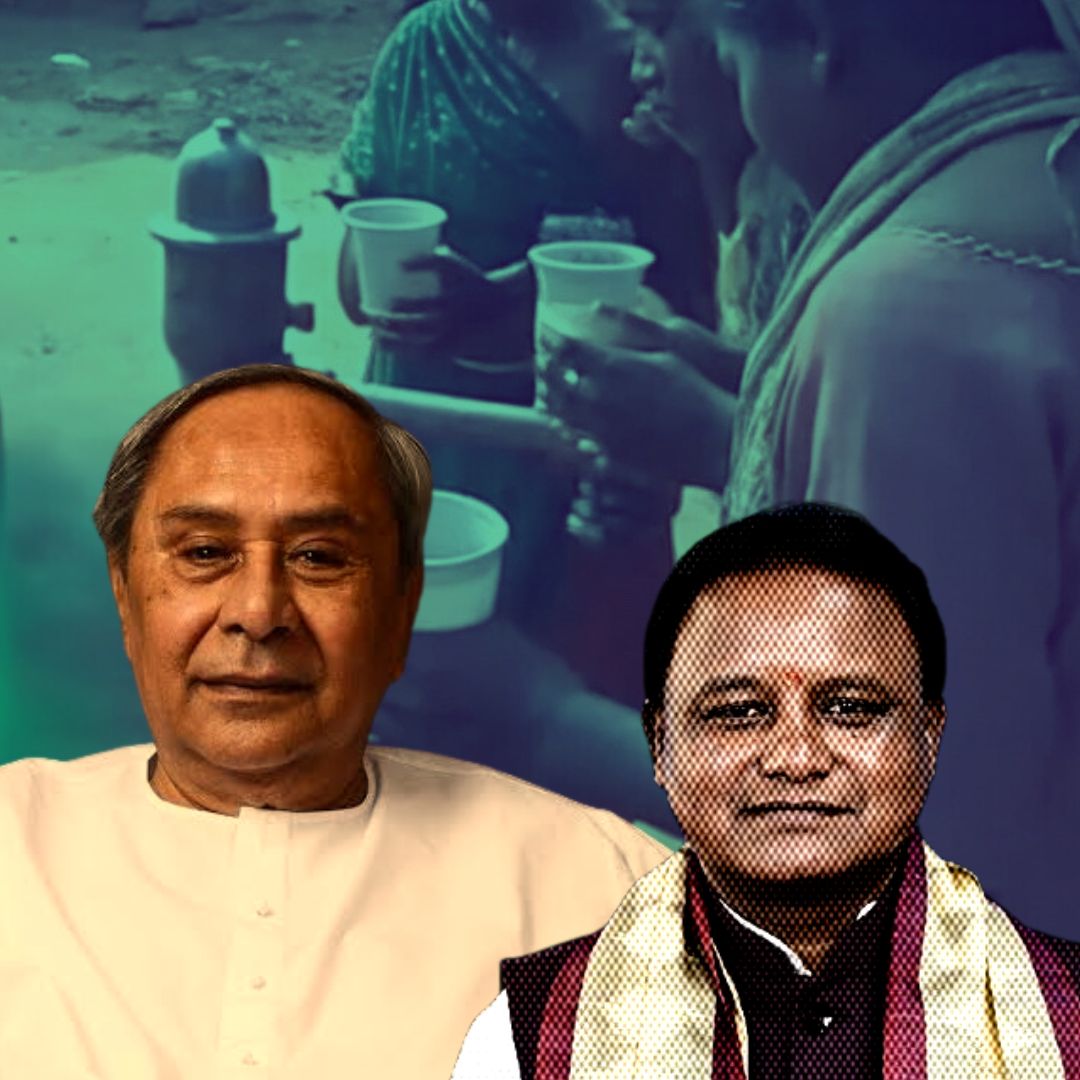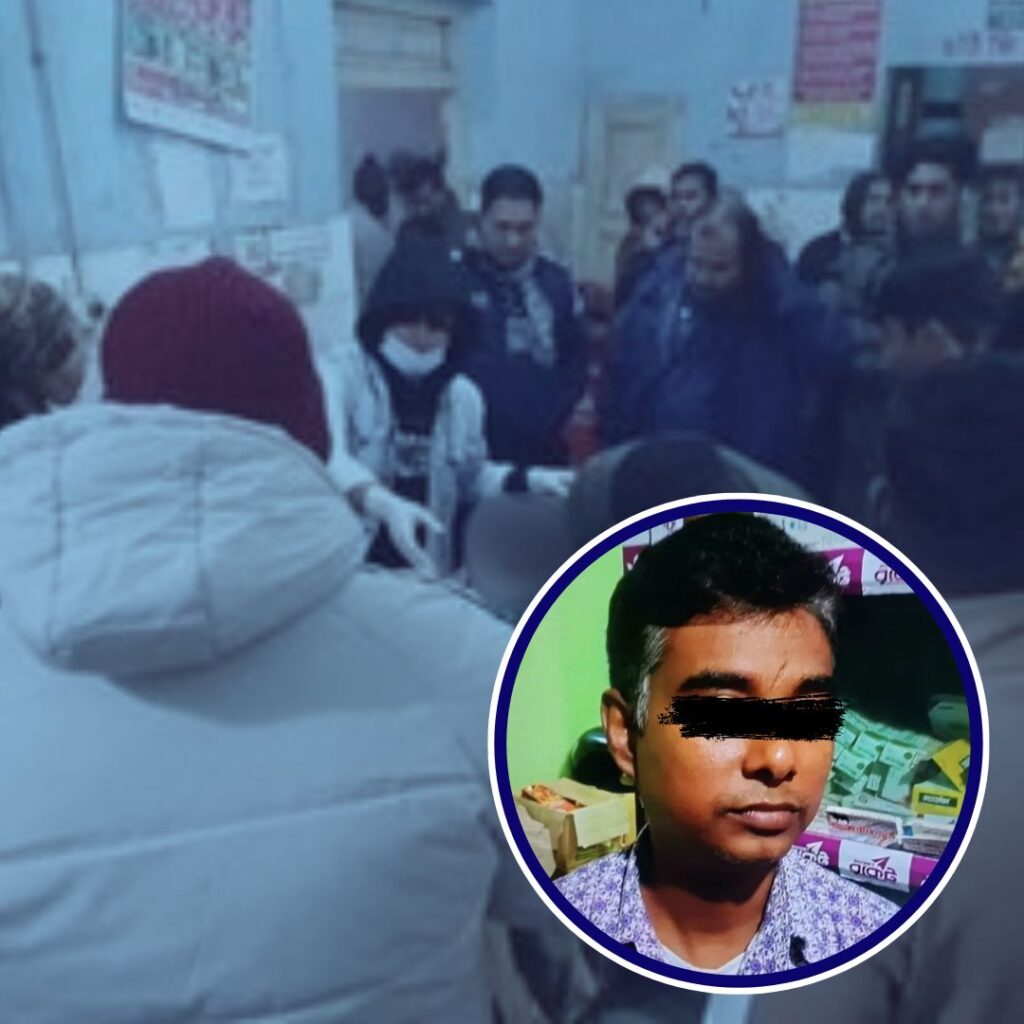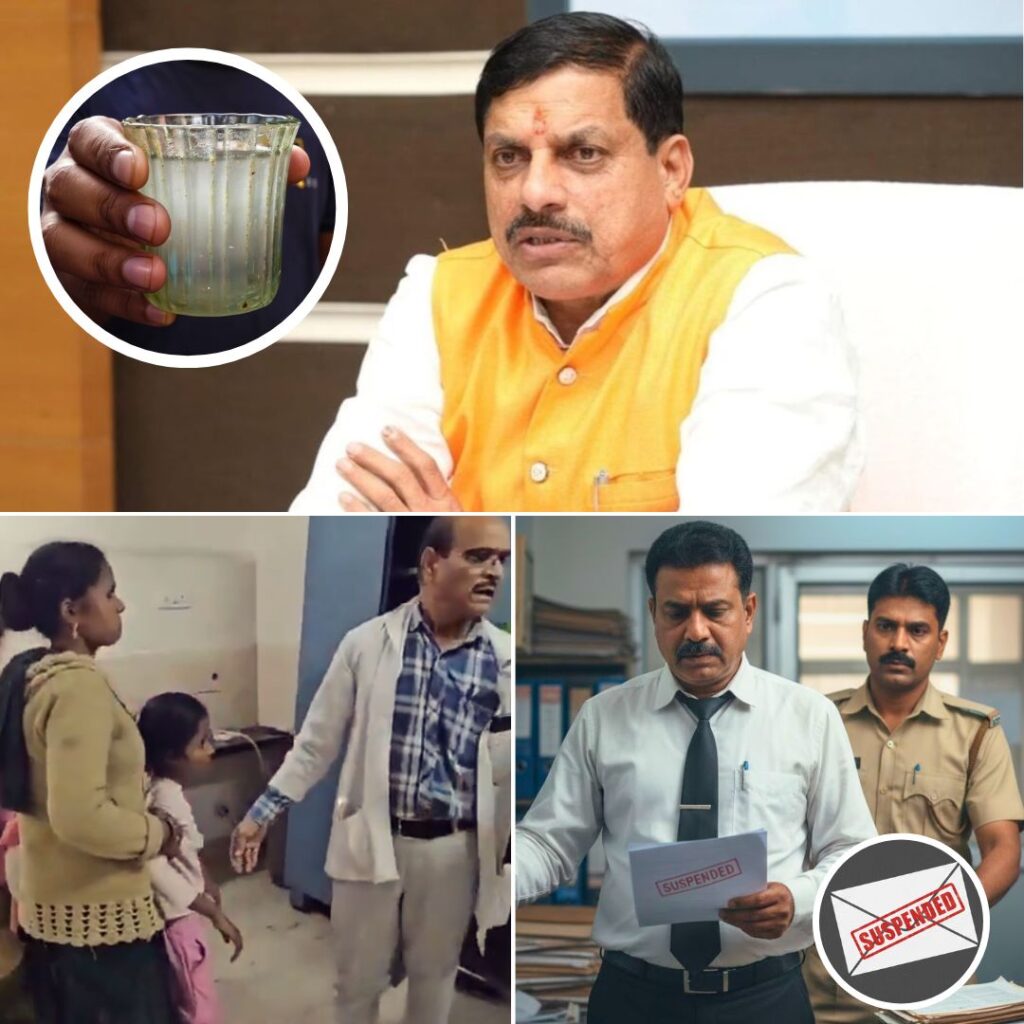In a significant stride towards ensuring safe drinking water, Puri, Odisha, has become the first city in India to provide drinkable tap water directly from household taps. This initiative, part of the ‘Sujal — Drink From Tap Mission,’ was launched by the Odisha government on October 13, 2020, aiming to guarantee that every resident has access to clean water without the need for filtration.
Recent Developments
On October 9, 2023, Chief Minister Naveen Patnaik celebrated the third anniversary of the mission by launching 24/7 pipe drinking water projects in five towns and 149 wards across 13 urban centres. This expansion will benefit approximately 12.3 lakh people, including towns like Rairangpur and Nimapara. The Chief Minister stated, “This project not only enhances public health but also sets a benchmark for other states to follow.” Urban Development Minister Usha Devi noted that this initiative is particularly beneficial for economically weaker sections of society.
Government Officials’ Responses
Kalanithy Vairavmoorthy, Executive Director of the International Water Association, praised the mission as a unique approach to ensuring access to drinking water for all. He remarked, “I never thought this would be possible within my lifetime,” highlighting the project’s innovative use of advanced technology.
Community Impact
Residents have welcomed this change, noting its convenience and health benefits. “We feel safe drinking water straight from the tap; it has changed our lives,” shared a local resident. Health officials report a noticeable decline in waterborne diseases since the project’s inception.
The Logical Indian’s Perspective
At The Logical Indian, we believe that access to clean drinking water is a fundamental right and a vital aspect of public health. Puri’s initiative exemplifies how thoughtful governance can lead to positive social change through empathy and community engagement.
As we witness this transformative project, we encourage other states to adopt similar measures that promote harmony and coexistence among citizens. How do you think your state can implement such initiatives for better public health? Share your thoughts and experiences with us!












